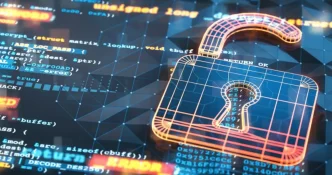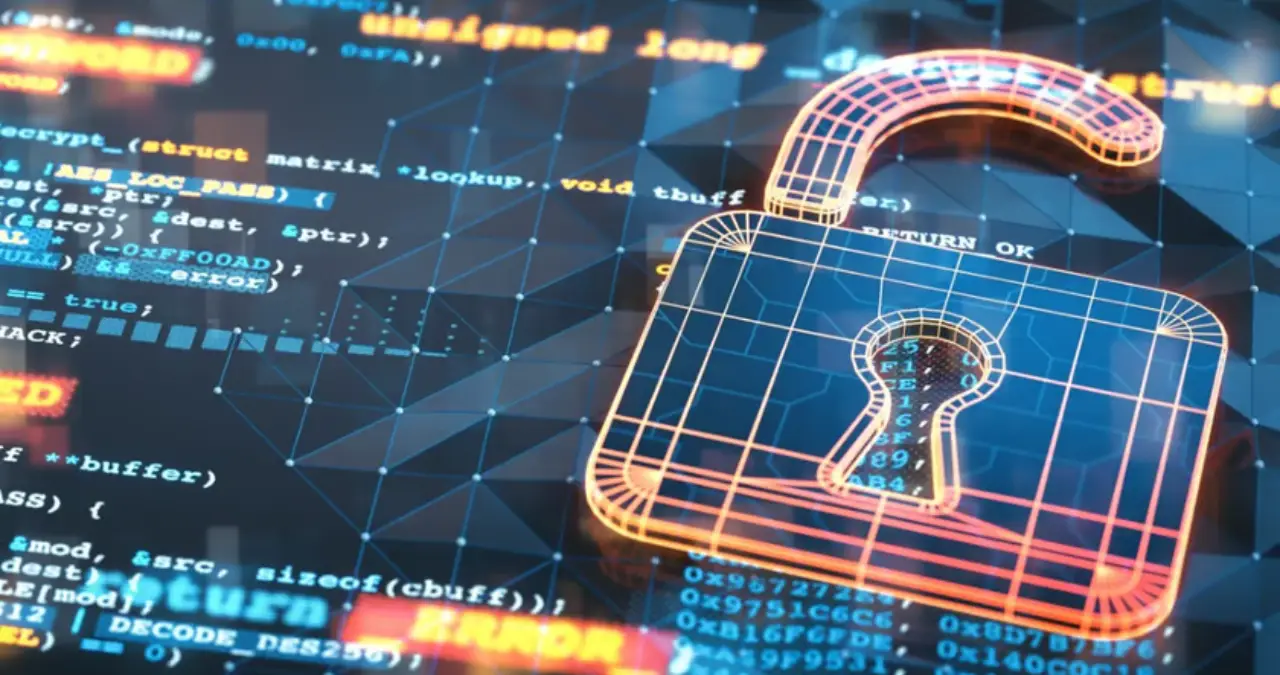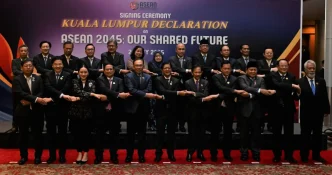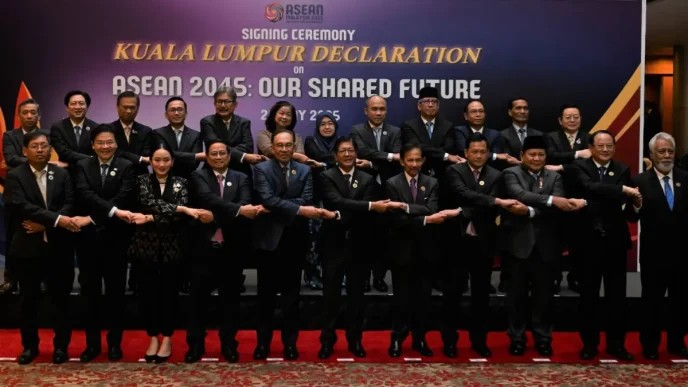Across Southeast Asia, the race to build a $2 trillion digital economy by 2030 is reshaping the region’s public and private sectors. The ASEAN Digital Economy Framework Agreement (DEFA) stands as a cornerstone of this ambition, aiming to integrate artificial intelligence (AI), robotics, and digital innovation into the fabric of the Association of Southeast Asian Nations (ASEAN). Yet, as the region accelerates toward this transformative goal, it faces mounting challenges—cybersecurity threats, infrastructure vulnerabilities, and the ethical dilemmas of emerging technologies like deepfakes. How can ASEAN harness these advancements while safeguarding its 680 million citizens from digital risks?
The Promise of a Digital Future
ASEAN’s digital aspirations are not merely economic but deeply intertwined with geopolitical, socioeconomic, and security priorities. The region’s leaders and experts have been vocal about the need for interconnected policies to support this shift. At the heart of these discussions is the recognition that digital transformation could redefine ASEAN’s global competitiveness. Conference events like the SuperAI Conference which concluded on June 11, 2025, have brought together professionals from ASEAN and beyond to explore region-specific solutions. The event was attended by a blend of technical visionaries, cultural provocateurs, and ethics advocates and considered contemporary challenges such as automation through to hard-to-crack issues such as cybersecurity.
The potential is staggering for AI is staggering—rom Thailand’s geo-informatics for urban planning to Malaysia’s National Space Policy 2030, ASEAN nations are leveraging cutting-edge tools to address local needs. Space technologies, such as Malaysia’s RazakSAT-2 for environmental monitoring and the Philippines’ Diwata satellites for disaster management, are supported by ASEAN’s Space and Technology Working Group. These initiatives align with global frameworks like the Outer Space Treaty but are tailored to regional challenges, ensuring secure and interoperable systems.
At the 4th ASEAN Digital Ministers’ Meeting (ADGMIN) 2024, Thailand’s Minister of Digital Economy and Society, Prasert Jantararuangtong, emphasized the direct link between infrastructure and progress: “Improvement in ASEAN’s digital infrastructure will be directly proportional to the rate of digital transformation and overall competitiveness in the region.” His remarks highlight a broader consensus—digital infrastructure is the backbone of ASEAN’s future, whether through satellite-driven flood management in Indonesia or smart city networks across the region.
Cybersecurity: The Dark Side of Innovation
Yet, as ASEAN embraces AI and digital tools, the shadow of cybercrime looms large. At the Singapore International Cyber Week (SICW) 2024, Singapore’s Minister for Communications and Information, Josephine Teo, warned of the evolving tactics of malicious actors: “Bad actors of today are constantly innovating, developing new methods to exploit vulnerabilities. Cyber issues have become more complicated.” Her concerns are backed by alarming trends—Singapore reported a 20% surge in deepfake-related fraud in 2024, while the Philippines grapples with AI-driven phishing schemes targeting financial institutions.
Teo’s call for collaboration resonates with ASEAN’s Cybersecurity Cooperation Strategy (2021–2025). Singapore has taken a lead by funding the ASEAN Regional Computer Emergency Response Team (CERT) for up to a decade, a move aimed at bolstering collective defenses. Other nations are stepping up as well. Malaysia’s CyberSecurity Bill 2024 and Indonesia’s crackdown on fraudulent e-commerce platforms signal a regional push to counter AI-enabled threats, particularly in financial hubs like Bangkok and Singapore.
The scale of the challenge was further illuminated at the SuperAI 2025 conference in Singapore, where Steven Scheurmann, Regional Vice President for ASEAN at Palo Alto Networks, described AI’s dual role as both a tool for progress and a weapon for cybercriminals. He noted that hackers are using AI to increase the volume and sophistication of attacks, often in ways that are nearly undetectable. “Deepfakes have been around for a long time, however, in recent years there has been a significant evolution in the deepfake creation process … advancements in AI and machine learning technologies, coupled with the availability of powerful computing resources, has democratized the process tremendously” Scheurmann explained. He urged a mindset of “never trust, always verify” advocating for tools to detect manipulated content and caution in consuming online information.
Scheurmann’s estimate that cybercrime’s regional impact could rival the GDP of a major economy underscores the stakes. From ransomware to cyber-espionage, the threats are not just technical but economic, potentially undermining the very digital economy ASEAN seeks to build.
Securing Critical Infrastructure
The digitization of critical infrastructure adds another layer of complexity. At the GovWare Conference 2024 during SICW, Malaysia’s Digital Minister, Gobind Singh Deo, stressed that cybersecurity is the foundation of a thriving digital economy. Citing cyberattacks on the energy sector in 2023, he highlighted vulnerabilities in systems that underpin daily life. Singapore’s Smart Water Grid, which uses AI for real-time monitoring, and Malaysia’s 2024 Cybersecurity Directive are responses to risks also seen in Thailand’s water management systems.
Gobind advocated for a “zero trust” approach, aligning with the United Nations’ recent zero draft on the ‘Global Digital Compact’ to foster a safe and inclusive digital future. “Building digital trust aligns with the United Nation’s recently published zero draft … which aims to create an inclusive, open, safe and secure digital future for all” he said. His vision is reflected in ASEAN’s Smart Cities Network, which integrates AI for resilience, and in Malaysia’s efforts to combat social engineering—evidenced by the Malaysian Communications and Multimedia Commission removing over 63,000 pieces of fraudulent content in 2024.
These measures are critical as ASEAN’s digital economy grows. The DEFA framework emphasizes secure infrastructure, recognizing that trust is as vital as innovation in achieving the $2 trillion target. Without robust defenses, the region risks losing the gains of digitalization to unseen threats.
Governance for a Fluid Digital Era
Beyond infrastructure and security, ASEAN’s digital transformation demands agile governance. Speaking on Indonesia’s roadmap, former Minister of Communications and Informatics, Johnny Gerard Plate, outlined a vision of economic transformation through digitalization. “This momentum can also encourage economic transformation in three main focus areas, specifically economic downstreaming, especially in the digital sector, digitizing Micro, Small and Medium Enterprises (MSMEs), and the green economy” he said. His perspective, tied to the 2024 ASEAN Digital Transformation Forum, supports initiatives like Indonesia’s Digital Roadmap (2021–2024) and blockchain-based e-government systems.
Plate’s focus on MSMEs and sustainability echoes across ASEAN’s Digital Masterplan 2025 and DEFA, which prioritize trust and legitimacy in digital systems. The Philippines’ digital ID system is a prime example, streamlining services while enhancing security. Such efforts aim to move ASEAN from static governance models to fluid, adaptive frameworks capable of navigating a digital future.
Striking a Balance
ASEAN stands at a crossroads. The promise of a $2 trillion digital economy by 2030 is within reach, fueled by AI, robotics, and space technologies that address everything from urban planning to disaster response. Yet, the region must contend with cybersecurity threats that evolve as rapidly as the innovations they exploit. Deepfakes, phishing, and infrastructure vulnerabilities are not mere technical hurdles but existential risks to economic stability and public trust.
Regional cooperation offers a path forward. Initiatives like the ASEAN CERT, national cybersecurity laws, and shared digital frameworks demonstrate a collective will to address these challenges. Leaders across Singapore, Malaysia, Thailand, and Indonesia are aligning their strategies, balancing the drive for innovation with the imperative of security.
As ASEAN navigates this transformative era, the question remains: can the region build a digital future that is both ambitious and secure? The answer will shape not just its economy but its role on the global stage for decades to come.
















